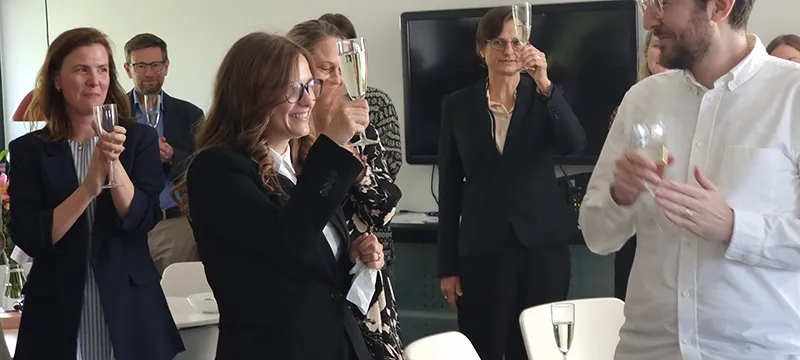External reviewer: Professor Jan Ångström, the Swedish Defence University
Supervisor: Rikard Bengtsson
Assistant supervisor: Lisa Strömbom
More information about the thesis is available in the Lund University Research Portal
Abstract
This dissertation examines the (re)emergence of civil defence in Europe in the aftermath of Russia's annexation of Crimea in 2014. More specifically, it investigates the existing conceptions of civil defence and how these are shaped in a multi-level institutional context, focusing on the interplay between national, regional, and international levels.
Through the lens of discursive institutionalism, the thesis emphasizes the dynamic relationship between ideas and institutions in shaping security policies, while revealing the limitations of ideational processes’ impact on policy implementation. Drawing on a novel set of data from interviews conducted between 2020 and 2023, and extensive document analysis, the dissertation maps the evolution of Sweden’s contemporary civil defence policy; the Nordic and Baltic states’ approaches to resilience; and the role of NATO and the European Union (EU) in the development of civil defence.
Conceptually, it advances understandings of civil defence, resilience, and strategic autonomy within contemporary security paradigms. It pushes the concept of civil defence beyond exclusively nuclear associations; critically analyzes the conceptualization of resilience within the total defence principle; and emphasizes the role of strategic autonomy in strengthening dimensions of civil defence, particularly within the EU.
Collectively, the four articles in this dissertation contribute with insights into complex and simultaneous security policy processes taking place in multiple institutional settings, offering a unique snapshot of a transformative era in European security. They emphasize the challenges of translating policy ideas into practice and assess the prospects for enhanced international cooperation, including by underscoring the potential for the EU to serve as a central platform for civil defence collaboration.
Jana Wrange | Department of Political Science




